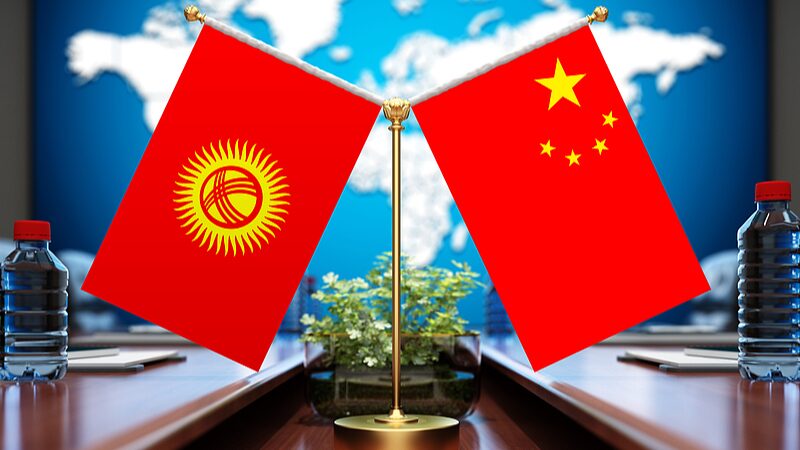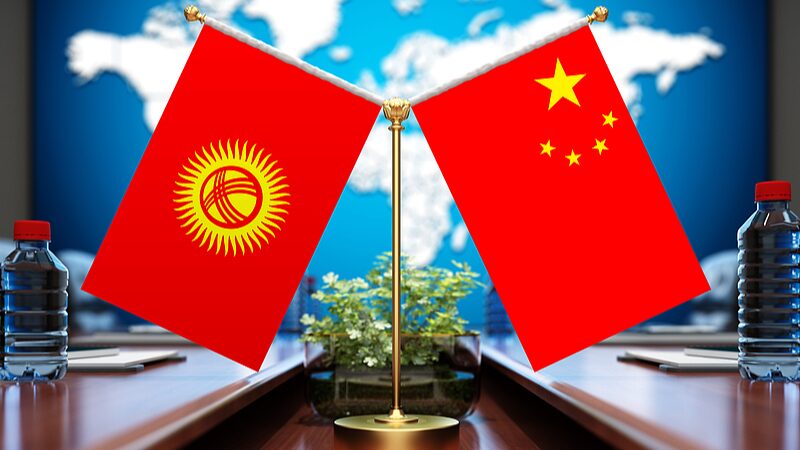Recently in December, Uwe Kräuter, a German film producer, author, and translator who has lived in China for 51 years, traveled from Beijing to the city of Nanjing, a place he holds dear and where he has many friends, mostly artists—painters, singers, dancers, and journalists. On Christmas Eve, they strolled through the bustling streets filled with mostly young people, excitedly enjoying themselves, heading to restaurants and bars—both Chinese and international—in a very lively atmosphere.
That evening, Kräuter began reflecting on how things were when he first came to China decades ago in his twenties, invited by a Chinese publishing house to work with them. At that time, Christmas was not on the minds of the people. While his Chinese colleagues were polite and gave foreign visitors the impression they understood them, they didn't want them to feel lonely and kindly invited them for dinner or lunch, usually to their homes.
Foreigners like him knew even less about the Spring Festival and its meaning than the average Chinese person knew about Christmas. They enjoyed the holidays and traveled around, but what was the Spring Festival about? Now, with just a computer, one can easily access useful or necessary information.
The Spring Festival is an annual event in China and in Chinese communities around the world. It is China's oldest and most important festival, marking the new year on the Chinese calendar and representing people's desire for a new life, perhaps in new surroundings. Equivalent in significance to Christmas in Western countries, the Spring Festival is the most relevant holiday in China.
It takes place on different dates each year but typically starts around late January or early February and lasts until around the middle of February. In 2025, the Spring Festival holiday dates are January 28 to February 4. This period is characterized by lively and happy gatherings, as well as close family reunions.
The festival is believed to date back to the early Shang Dynasty around 3,500 years ago and honors the tradition of respect for ancestors and deities. Two features are considered important: one is seeing off the old year and welcoming the new; the other is family reunion.
Over the years, Kräuter has witnessed the evolution of Chinese society's engagement with both Western and traditional festivals. The vibrant celebration of Christmas among young people in cities like Nanjing reflects China's openness and the blending of cultures. At the same time, the enduring significance of the Spring Festival underscores the importance of heritage and family in Chinese culture.
As the Year of the Wood Snake approaches, Kräuter reflects on his 51 years in China and the deep connections he has formed. The sharing of traditions and mutual understanding between cultures enriches everyone's experience, fostering a global community united in celebration and hope for the future.
Reference(s):
cgtn.com




